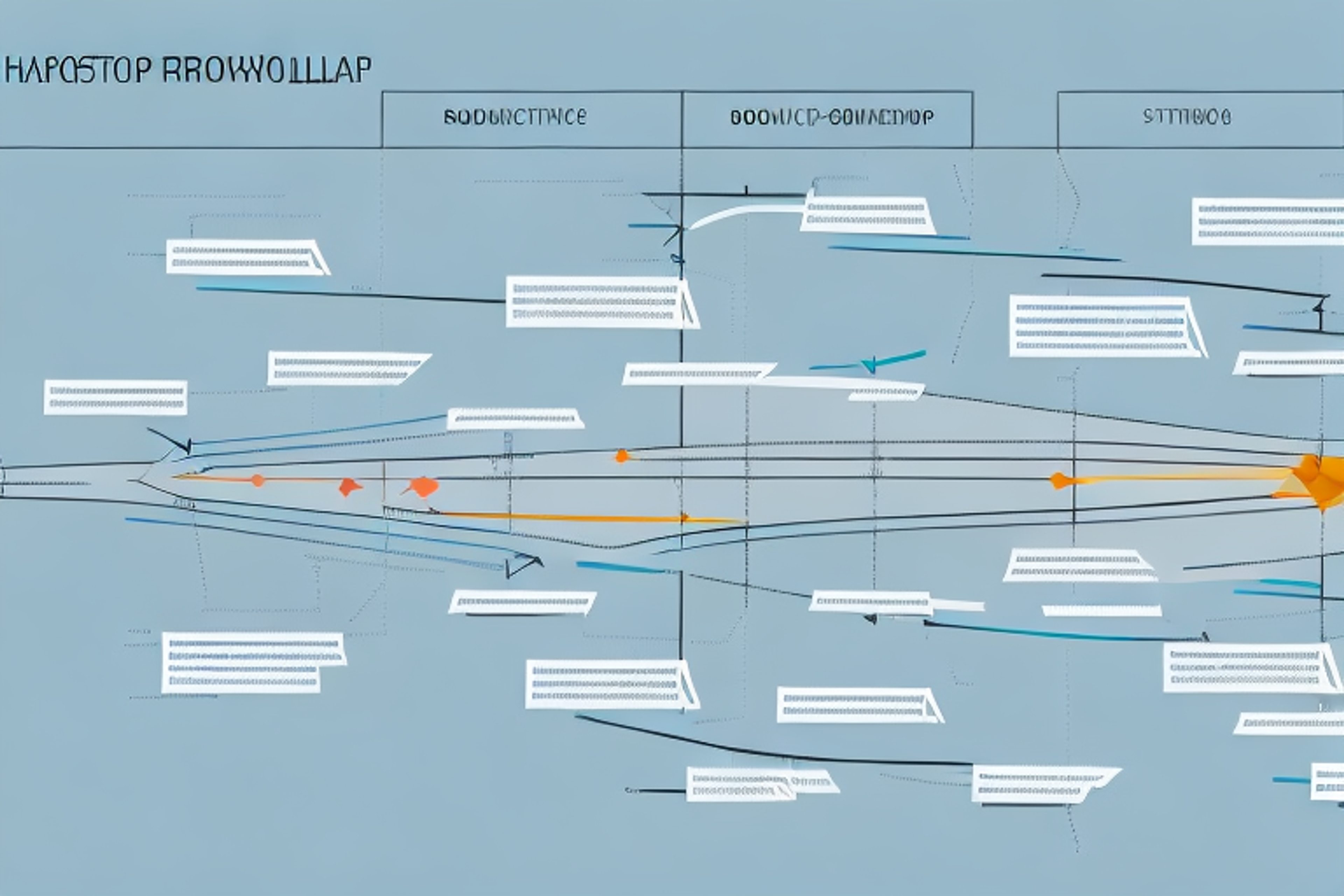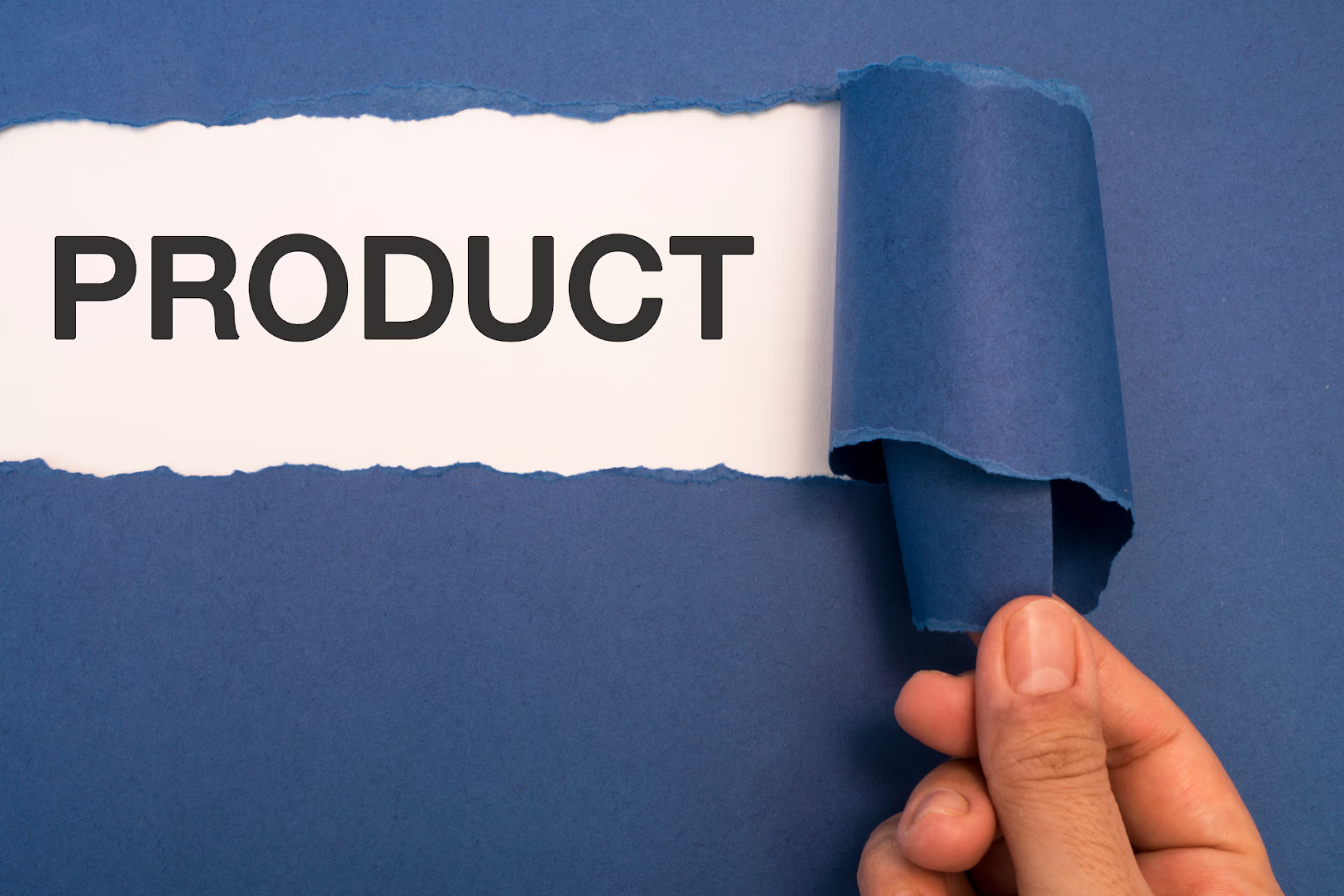Transitioning to Product Management: A Comprehensive Guide for Aspiring PMs
Are you looking to transition to a career in product management? Look no further than our comprehensive guide for aspiring PMs.
Posted March 6, 2025

Table of Contents
If you're an aspiring Product Manager (PM), you may be wondering what it takes to transition into this exciting and fast-paced role. PMs are responsible for driving the development and success of new and existing products, making strategic decisions, and collaborating with cross-functional teams. In this comprehensive guide, we'll take you through everything you need to know to make a successful transition into Product Management.
Understanding the Role of a Product Manager
Product Managers play a critical role in the success of a company's products. PMs are responsible for defining the product vision, strategy, and roadmap, as well as managing the product development process from ideation to launch. They work closely with designers, developers, marketers, and sales teams to ensure that the product meets customer needs, drives revenue, and aligns with the company's overall goals.
Additionally, Product Managers are also responsible for analyzing market trends and competition to identify opportunities for product improvements and new product development. They conduct user research and gather feedback to continuously improve the product and ensure customer satisfaction. PMs also collaborate with cross-functional teams to develop pricing strategies, create marketing campaigns, and provide sales support. Overall, the role of a Product Manager is multifaceted and requires a combination of strategic thinking, technical knowledge, and strong communication skills.
Skills Required for a Successful Product Manager
To be a successful PM, you need a unique combination of technical, business, and interpersonal skills. You should have a solid understanding of your market, customers, and competition, as well as the ability to communicate effectively with stakeholders at all levels. Additionally, PMs should possess strong leadership and collaboration skills, including the ability to align teams around a shared goal and motivate them to achieve it.
Another important skill for a successful PM is the ability to prioritize tasks and make data-driven decisions. PMs must be able to analyze data and market trends to make informed decisions about product development and strategy. They should also be able to prioritize tasks and manage their time effectively to ensure that projects are completed on time and within budget. Finally, PMs should be adaptable and able to pivot quickly when market conditions change, while still keeping the overall product vision in mind.
How to Assess Your Eligibility for Product Management?
To assess your eligibility for Product Management, start by evaluating your skills and experience. Think about your strengths and weaknesses, and consider how they align with the core competencies required for the role. You can also look for opportunities to gain experience in related fields, such as marketing, design, or engineering. Finally, networking with professionals in the industry can help you learn about the different paths to becoming a PM and the skills and experience required.
Another important factor to consider when assessing your eligibility for Product Management is your ability to work collaboratively with cross-functional teams. As a PM, you will need to work closely with designers, engineers, marketers, and other stakeholders to ensure that the product meets the needs of the target audience and achieves business goals. Therefore, it's essential to have strong communication, leadership, and interpersonal skills to build and maintain effective relationships with team members.
Building a Career Path to Product Management
If you're interested in becoming a PM, it's important to build a career path that aligns with your goals. This may involve gaining experience in related fields, such as marketing or engineering, or pursuing a degree or certification in Product Management. You can also build your skills by working on side projects or volunteering on product-related initiatives. Ultimately, the key is to develop a deep understanding of the market, customer needs, and company goals, which will enable you to make strategic decisions and drive product success.
One way to gain experience in related fields is to take on cross-functional roles within your organization. This can give you exposure to different aspects of the business and help you develop a well-rounded skill set. Additionally, attending industry events and networking with other professionals in the field can provide valuable insights and connections.
It's also important to stay up-to-date with industry trends and emerging technologies. This can involve reading industry publications, attending conferences, or taking online courses. By staying informed and continuously learning, you can bring fresh ideas and perspectives to your role as a PM.
Preparing for the Transition: What You Need to Know
Making the transition to Product Management requires careful planning and preparation. This may involve researching the industry, developing a strong network, and gaining experience in related fields. It's also important to have a clear understanding of what the role entails and what skills and experience are required. Finally, it's essential to tailor your resume and cover letter to highlight your relevant skills and experience, and to prepare for the interview process.
Navigating Your Way through the Interview Process as an Aspiring PM
The interview process for Product Management roles can be rigorous and challenging, but with the right preparation, you can ace it. Start by researching the company and the role, and preparing thoughtful questions that demonstrate your interest and knowledge. You should also be prepared to discuss your past experience and how it relates to the role, as well as your strengths and weaknesses. Finally, be sure to follow up with a thoughtful thank-you note to leave a lasting impression.
Landing Your First Job in Product Management: Tips and Tricks
Once you've made it through the interview process, it's time to prepare for your first day on the job. As a new PM, you should focus on learning as much as possible about the product, the market, and the customers. You should also work to build relationships with your colleagues and stakeholders, and to develop a deep understanding of the company's goals and vision. Finally, be prepared to take ownership of your product and to make tough decisions as you work to drive its success.
Understanding the Different Types of Product Managers and Their Responsibilities
There are many different types of Product Managers, each with their own unique responsibilities and areas of focus. Some PMs may focus on product strategy, while others may specialize in product design or development. Additionally, there are different levels of PMs, from entry-level to senior-level roles. Understanding the different types of PMs and their responsibilities can help you identify the path that best aligns with your skills and interests.
The Importance of Customer Research in Product Management
One of the most important responsibilities of a PM is conducting customer research to gain insights into their needs, preferences, and pain points. This research can inform everything from product development to marketing and sales strategy. As a PM, you should be constantly gathering and analyzing customer feedback to ensure that your product is meeting their needs and adding value to their lives.
Developing a Product Roadmap: Best Practices for Aspiring PMs
Developing a product roadmap is a critical part of the PM's role. A product roadmap outlines the direction of the product and provides a clear plan for achieving its goals. As an aspiring PM, you should work to develop a deep understanding of your market, customers, and competition, in order to create a product roadmap that aligns with your company's overall goals and strategy.
Working with Cross-Functional Teams: Essential Collaboration Skills for PMs
PMs work closely with cross-functional teams to drive product development and success. This requires strong collaboration and communication skills, as well as the ability to build relationships with stakeholders at all levels. As an aspiring PM, you should work to develop these skills through various channels, such as working on group projects or joining cross-functional teams at your current job.
Measuring Success: Metrics Every PM Should Know About
As a PM, it's important to have a clear understanding of the metrics that drive product success. These metrics may include user engagement, customer acquisition and retention, and revenue growth. You should also be able to interpret and analyze these metrics to make data-driven decisions and to optimize your product for success.
Common Mistakes Aspiring PMs Make and How to Avoid Them
As an aspiring PM, it's important to be aware of common mistakes that can derail your career path. These mistakes may include not gaining enough experience in related fields, failing to build a strong network, or not developing the necessary technical or business skills. To avoid these mistakes, focus on developing a diverse skillset, actively networking and building relationships, and seeking out opportunities to gain experience and knowledge.
Advancing Your Career in Product Management: Opportunities and Challenges
Advancing your career in Product Management requires ongoing learning and development, as well as a willingness to take on new challenges. As you progress in your career, you may have the opportunity to take on new roles and responsibilities, as well as to work on larger and more complex products. You may also face challenges such as managing difficult stakeholders or working with limited resources. Ultimately, the key to a successful career in Product Management is staying curious, agile, and adaptable.
In conclusion, becoming a Product Manager can be a rewarding career path for those with a unique combination of skills and experience. By following the tips and insights outlined in this comprehensive guide, you can transition into this exciting and challenging role and drive the success of your company's products.


















